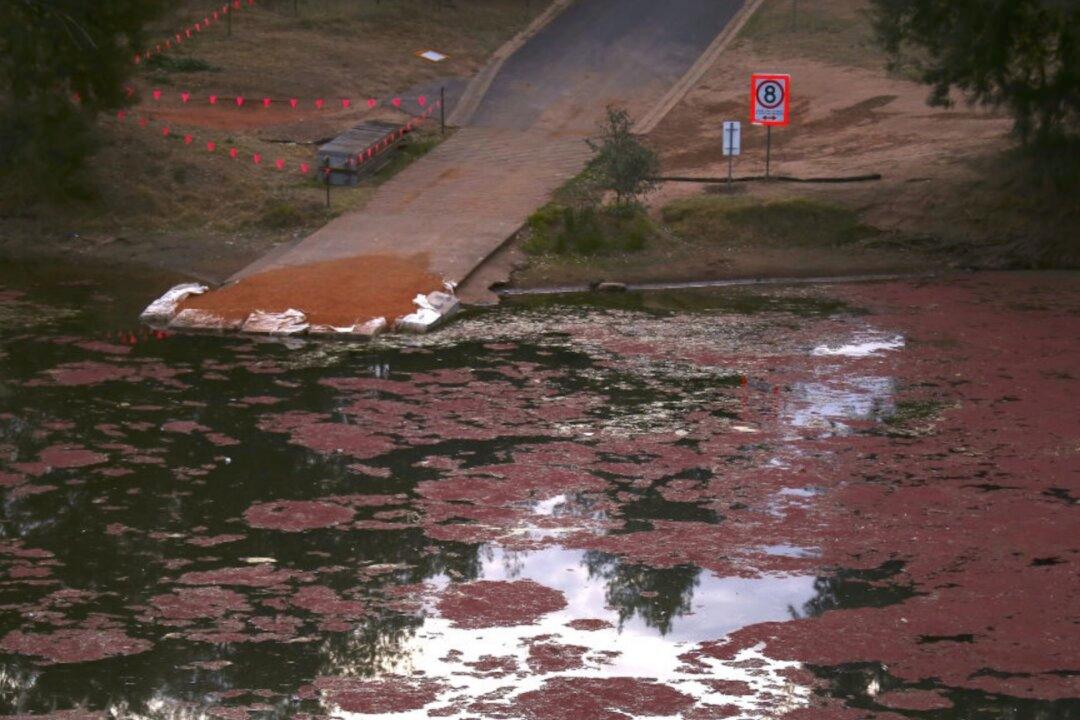A boil water alert for the New South Wales (NSW) regional city of Dubbo and some surrounding areas has remained in place for more than a week following recent flooding that caused turbidity to exceed safe levels.
The alert was issued at 8 a.m. on July 7 and covers the areas of Dubbo, Firgrove, Wongarbon, Eumungerie, Ballimore, Mogriguy, and Brocklehurst.





